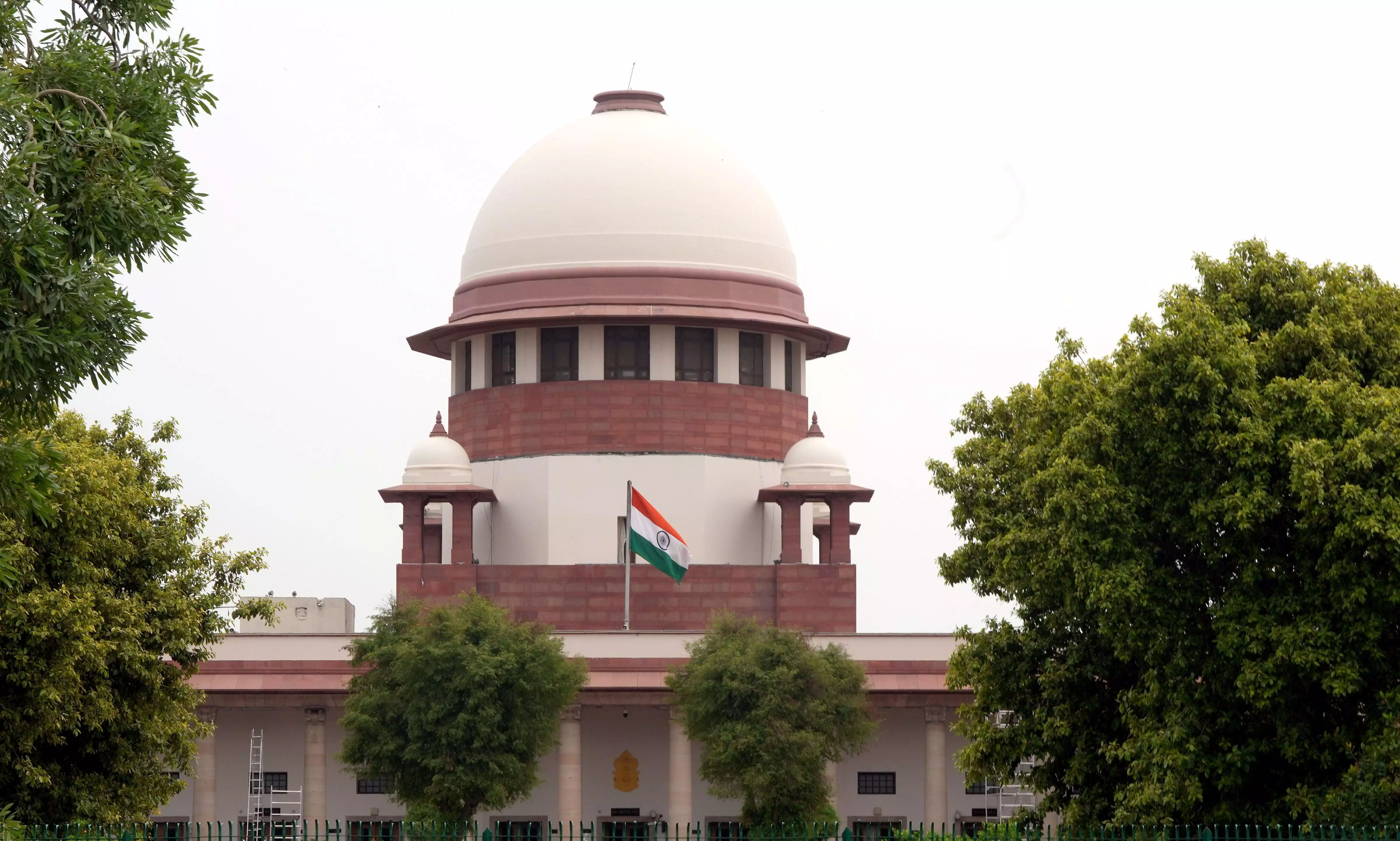SC wonders if freebies are creating class of parasites
Apex court remarks made while hearing right to shelter for homeless people in urban areas

New Delhi:Deprecating the practice of dishing out “freebies” in the run-up to elections, the Supreme Court on Wednesday questioned whether such measures are creating a class of parasites instead of integrating beneficiaries into national development.
A bench of Justices B.R. Gavai and Augustine George Masih stated, "Rather than promoting beneficiaries to become part of the mainstream of society by contributing to the nation's development, are we not creating a class of parasites?”
Justice Gavai added, “Unfortunately, because of these freebies - announced just before elections, such as the 'Ladki Bahin' scheme and others - people are unwilling to work. They receive free rations and cash without contributing any labour. I speak from personal experience… In Maharashtra, due to such freebies announced before elections, agriculturists are struggling to secure labourers."
The remarks were made during a hearing on a matter concerning the right to shelter for homeless persons in urban areas.
In response to petitioner's counsel Prashant Bhushan's submission that hardly anyone in the country is unwilling to work if given the opportunity, Justice Gavai retorted, "You must have only one-sided knowledge. I come from an agricultural family, and because of the freebies announced in Maharashtra before elections, agriculturists are not getting labourers."
The bench noted that while everyone - including Attorney General R. Venkataramani - agreed that providing shelter to the homeless merits due attention, the approach must be balanced. Venkataramani said that the Centre is finalising an urban poverty alleviation mission to address various issues, including the provision of shelter for the urban homeless. The court directed the Attorney General to confirm the timeline for the scheme's implementation and to place on record the details of its provisions.
Further, the bench requested that the Centre collate information from all states for a pan-India review of the issue.
When a petitioner alleged that the authorities showed compassion only for the rich and that addressing the root causes of homelessness was a low priority, Justice Gavai admonished, "Do not make a political speech here. We will not allow our courtrooms to be converted into a venue for political battles." He further questioned, "How can you say the government shows compassion only for the rich?"
Quoting a note placed before the bench, Bhushan mentioned that as of December 4, 2024, a total of 2,557 shelters had been sanctioned by the states or union territories, and 1,995 shelter homes were functional with a capacity of 1,16,000 beds. He also noted that a survey indicated there were about 3,00,000 urban homeless in Delhi alone. According to the Delhi Urban Shelter Improvement Board, the total capacity of the shelters was 17,000 persons, of which only 5,900 had beds. The DUSIB counsel stated that currently, the board operates 197 shelter homes in Delhi, with a total capacity of 17,000 persons, and that over the last four years, the average maximum occupancy of all shelter homes was 5,500. The top court has scheduled the matter for further hearing in six weeks.

